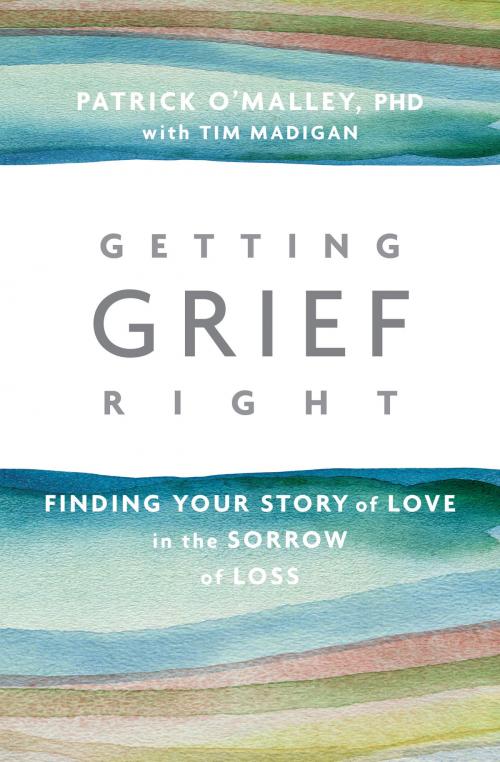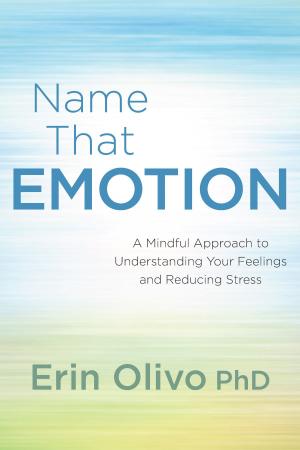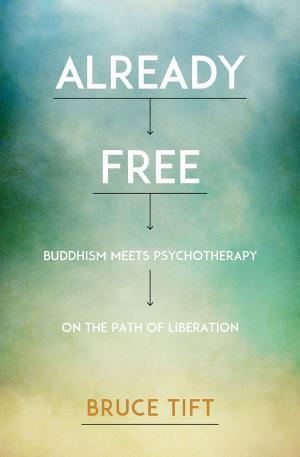Getting Grief Right
Finding Your Story of Love in the Sorrow of Loss
Nonfiction, Health & Well Being, Self Help, Mental Health, Death, Grief, Bereavement, Family & Relationships, Family Relationships, Death/Grief/Bereavement| Author: | Patrick O’Malley, PhD, Tim Madigan | ISBN: | 9781622038206 |
| Publisher: | Sounds True | Publication: | July 1, 2017 |
| Imprint: | Sounds True | Language: | English |
| Author: | Patrick O’Malley, PhD, Tim Madigan |
| ISBN: | 9781622038206 |
| Publisher: | Sounds True |
| Publication: | July 1, 2017 |
| Imprint: | Sounds True |
| Language: | English |
When the New York Times ran Patrick O’Malley’s story about the loss of his infant son—and how his inability to “move on” challenged everything he was taught as a psychotherapist—it inspired an unprecedented flood of gratitude from readers.
What he shared was a truth that many have felt but rarely acknowledged by the professionals they turn to: that our grief is not a mental illness to be cured, but part of the abiding connection with the one we’ve lost.
Illuminated by O’Malley’s own story and those of many clients that he’s supported, readers learn how the familiar “stages of grief” too often mislabel our sorrow as a disorder, press us to “get over it,” and amplify our suffering with shame and guilt when we do not achieve “closure” in due course.
“Sadness, regret, confusion, yearning—all the experiences of grief—are a part of the narrative of love,” reflects O’Malley. Here, with uncommon sensitivity and support, he invites us to explore grief not as a process of recovery, but as the ongoing narrative of our relationship with the one we’ve lost—to be fully felt, told, and woven into our lives.
For those in bereavement and anyone supporting those who are, Getting Grief Right offers an uncommonly empathetic guide to opening to our sorrow as the full expression of our love.
When the New York Times ran Patrick O’Malley’s story about the loss of his infant son—and how his inability to “move on” challenged everything he was taught as a psychotherapist—it inspired an unprecedented flood of gratitude from readers.
What he shared was a truth that many have felt but rarely acknowledged by the professionals they turn to: that our grief is not a mental illness to be cured, but part of the abiding connection with the one we’ve lost.
Illuminated by O’Malley’s own story and those of many clients that he’s supported, readers learn how the familiar “stages of grief” too often mislabel our sorrow as a disorder, press us to “get over it,” and amplify our suffering with shame and guilt when we do not achieve “closure” in due course.
“Sadness, regret, confusion, yearning—all the experiences of grief—are a part of the narrative of love,” reflects O’Malley. Here, with uncommon sensitivity and support, he invites us to explore grief not as a process of recovery, but as the ongoing narrative of our relationship with the one we’ve lost—to be fully felt, told, and woven into our lives.
For those in bereavement and anyone supporting those who are, Getting Grief Right offers an uncommonly empathetic guide to opening to our sorrow as the full expression of our love.















